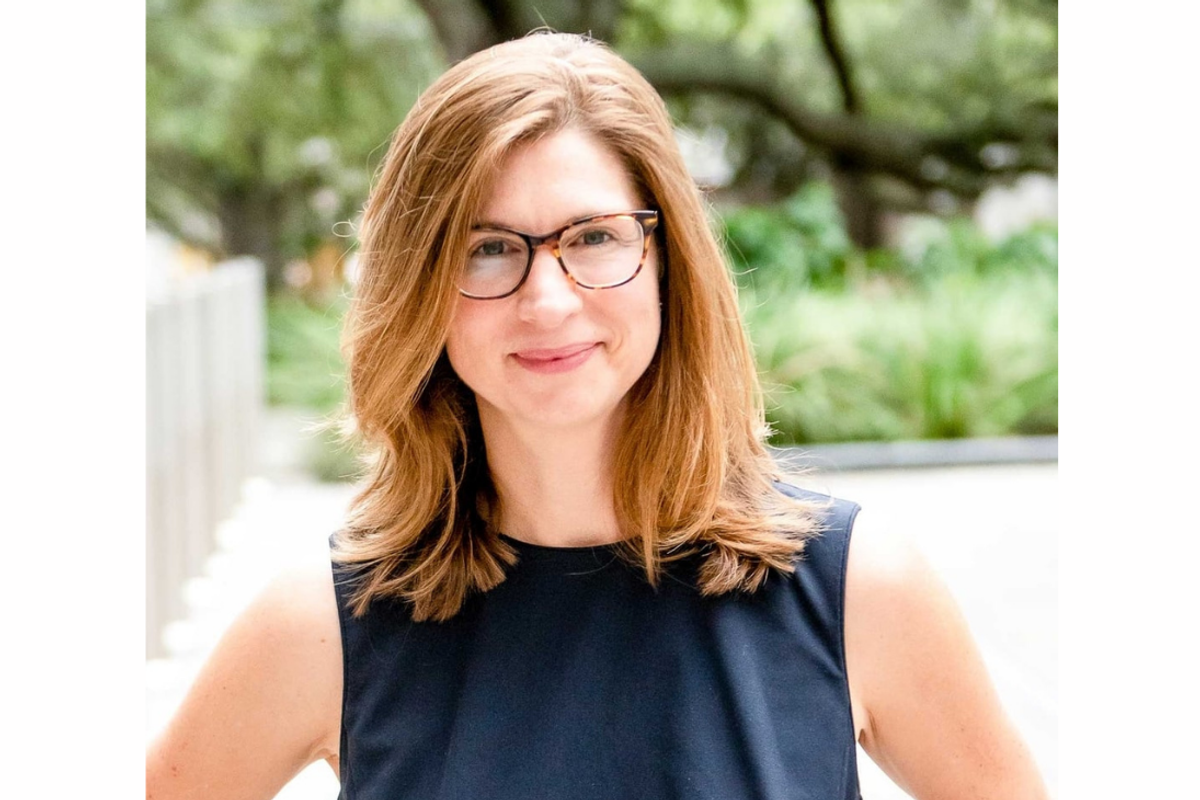TMCi names 11 global startups to latest HealthTech Accelerator cohort
new class
Texas Medical Center Innovation has named 11 medtech startups from around the world to its latest HealthTech Accelerator cohort.
Members of the accelerator's 19th cohort will participate in the six-month program, which kicked off this month. They range from startups developing on-the-go pelvic floor monitoring to 3D-printed craniofacial and orthopedic implants. Each previously participated in TMCi's bootcamp before being selected to join the accelerator. Through the HealthTech Accelerator, founders will work closely with TMC specialists, researchers, top-tier hospital experts and seasoned advisors to help grow their companies and hone their clinical trials, intellectual property, fundraising and more.
“This cohort of startups is tackling some of today’s most pressing clinical challenges, from surgery and respiratory care to diagnostics and women’s health," Tom Luby, chief innovation officer at Texas Medical Center, said in a news release. "At TMC, we bring together the minds behind innovation—entrepreneurs, technology leaders, and strategic partners—to help emerging companies validate, scale, and deliver solutions that make a real difference for patients here and around the world. We look forward to seeing their progress and global impact through the HealthTech Accelerator and the support of our broader ecosystem.”
The 2025 HealthTech Accelerator cohort includes:
- Houston-based Respiree, which has created an all-in-one cardiopulmonary platform with wearable sensors for respiratory monitoring that uses AI to track breathing patterns and detect early signs of distress
- College Station-based SageSpectra, which designs an innovative patch system for real-time, remote monitoring of temperature and StO2 for assessing vascular occlusion, infection, and other surgical flap complications
- Austin-based Dynamic Light, which has developed a non-invasive imaging technology that enables surgeons to visualize blood flow in real-time without the need for traditional dyes
- Bangkok, Thailand-based OsseoLabs, which develops AI-assisted, 3D-printed patient-specific implants for craniofacial and orthopedic surgeries
- Sydney, Australia-based Roam Technologies, which has developed a portable oxygen therapy system (JUNO) that provides real-time oxygen delivery optimization for patients with chronic conditions
- OptiLung, which develops 3D-printed extracorporeal blood oxygenation devices designed to optimize blood flow and reduce complications
- Bengaluru, India-based Dozee, which has created a smart remote patient monitor platform that uses under-the-mattress bed sensors to capture vital signs through continuous monitoring
- Montclair, New Jersey-based Endomedix, which has developed a biosurgical fast-acting absorbable hemostat designed to eliminate the risk of paralysis and reoperation due to device swelling
- Williston, Vermont-based Xander Medical, which has designed a biomechanical innovation that addresses the complications and cost burdens associated with the current methods of removing stripped and broken surgical screws
- Salt Lake City, Utah-based Freyya, which has developed an on-the-go pelvic floor monitoring and feedback device for people with pelvic floor dysfunction
- The Netherlands-based Scinvivo, which has developed optical imaging catheters for bladder cancer diagnostics

 Angela Holmes is the CEO of OmniScience. Photo via mercuryds.com
Angela Holmes is the CEO of OmniScience. Photo via mercuryds.com